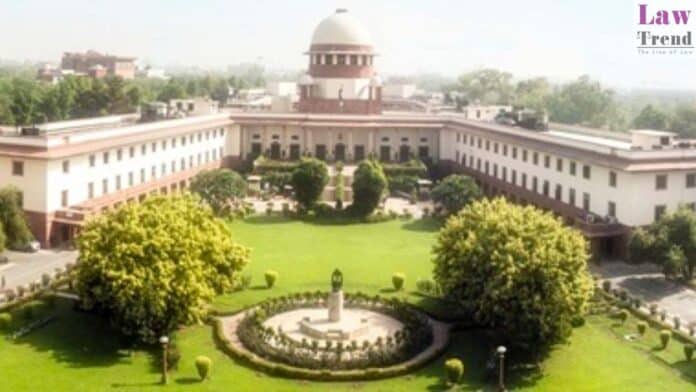In a notable judgment, the Supreme Court of India reclassified a murder conviction to culpable homicide not amounting to murder in the case of Devendra Kumar & Ors. v. State of Chhattisgarh (Criminal Appeal No. 328 of 2015). The decision centered on an incident that unfolded in the “heat of passion” over a long-standing land
To Read More Please Subscribe to VIP Membership for Unlimited Access to All the Articles, Download Available Copies of Judgments/Order, Acess to Central/State Bare Acts, Advertisement Free Content, Access to More than 4000 Legal Drafts( Readymade Editable Formats of Suits, Petitions, Writs, Legal Notices, Divorce Petitions, 138 Notices, Bail Applications etc.) in Hindi and English.




